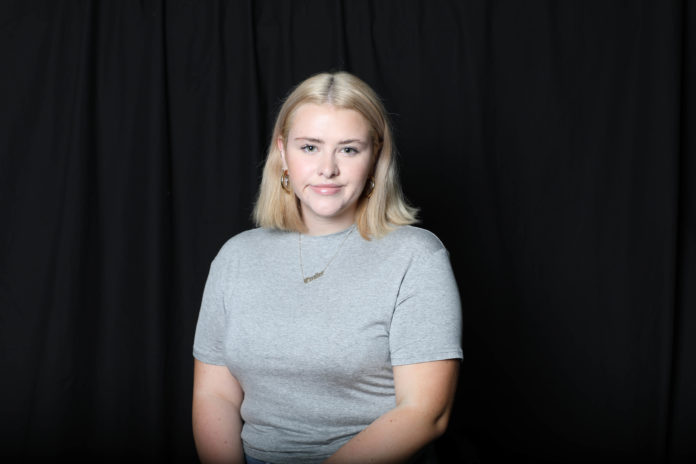By Emilee Edwards | Photographer
We are inundated with information about mental illness on social media — it can be relieving and encouraging to see other people struggling with the same issues you are. Obviously social media has relieved mental illness of a lot of stigma, but it can be harmful too. Self-diagnosis is very dangerous, but extremely easy to do when you have so much information thrown at you every day, even when some of it is untrue or not reliable.
As a society living in the social media age, we have been able to have a more open dialogue about the effects of mental illnesses and ways to read the signs. Mass information helps encourage people to seek professional help, but it also means that speaking about mental illness has become “trendy.”
The problem with the relationship between social media and mental illness is that people use social media for attention, thus leading to people faking illnesses for attention or a following on the internet. This is very common on new social media platforms like TikTok, with young adults promoting the fact they have anxiety or depression without seeking professional help or just because it is popular. I promise you, having a mental illness is not a fun trend to jump on.
Many people diagnosed with mental illness still try to hide it from their peers, even on social media, or if they do talk about it, it is for themselves. People who use mental illness for clout on the internet without actually having those struggles are disrespecting people who actually struggle on a daily basis.
When you decide to make jokes on the internet about a mental illness you do not actually have, it is like you are laughing at or belittling people that do. When someone self-diagnoses themselves it is easy to begin blaming any of your flaws on that one assumption instead of holding yourself accountable. By taking diagnosis into your own hands you can misdiagnose yourself and fail to get the help you truly need.
Not every person on the internet who speaks on their mental health is lying about it or faking it for attention, some people do cope in that way. People should take mental health seriously. If you believe that you have mental health issues, your number one priority, before relaying it to all your social media followers, should be to go see a licensed professional. An Instagram influencer or TikTok creator should not be your main source of information.
There are multiple resources available if you believe you are struggling with a mental illness. Baylor offers the Counseling Center to all students attending the university — it can be a great first step towards getting professional help. For people struggling with immediate mental health concerns, you can find 24-hour helplines where trained professionals will help you get in touch with doctors or therapists in your area. Reaching out to a professional can seriously help, and they are also able to give you reliable information and tools to take care of your mental health.






